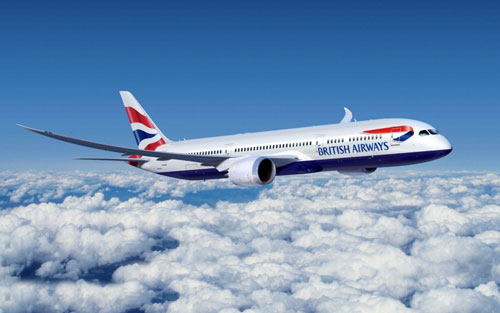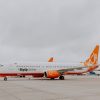 Following an “IT failure” that struck the British Airways’ network on the 27th of May, an estimated 75,000 were left stranded at airports across Europe – vacations ruined, business meetings cancelled, tons of nerve cells killed. With seemingly deliberate silence from the carrier, SKYCOP has now approached the United Kingdom Civil Aviation Authority in order to receive answers from the airline as to when and how it would pay its debt which might be as big as 45 million euros to the passengers left without flights.
Following an “IT failure” that struck the British Airways’ network on the 27th of May, an estimated 75,000 were left stranded at airports across Europe – vacations ruined, business meetings cancelled, tons of nerve cells killed. With seemingly deliberate silence from the carrier, SKYCOP has now approached the United Kingdom Civil Aviation Authority in order to receive answers from the airline as to when and how it would pay its debt which might be as big as 45 million euros to the passengers left without flights.
After the aforementioned incident that paralysed British Airways’ network back in May, the company standing up for passengers and their rights in a fight against airline misbehavior towards flight refunds, SKYCOP, has received numerous requests from the unlucky passengers asking for what is rightfully theirs.
As Marius Stonkus, the CEO of global claim platform www.skycop.co.uk explains, the “IT glitch” not only caused major issues and costs to passengers but also created chaos at the airports, as well as damaged the reputation of the whole industry.
“I have personally written and sent out a letter to the CEO of British Airways, Alex Cruz, asking for answers on the compensation status – after all, they might owe up to €45 million, for flight’s sake! Honestly, it just amazes me, how such a previously reputable company has now fallen to such lows – thousands of passengers waiting for their answers on the claims, let alone the low blow that the whole industry has experienced- trust has been lost in airlines worldwide. Since this “IT failure” does not fall under extraordinary circumstances laid out in the EU law, we had no other choice in getting carrier’s attention but to address the CAA and ask them using their competence and influence urge British Airways to give honest answers to their stranded passengers,” explains Marius Stonkus.





